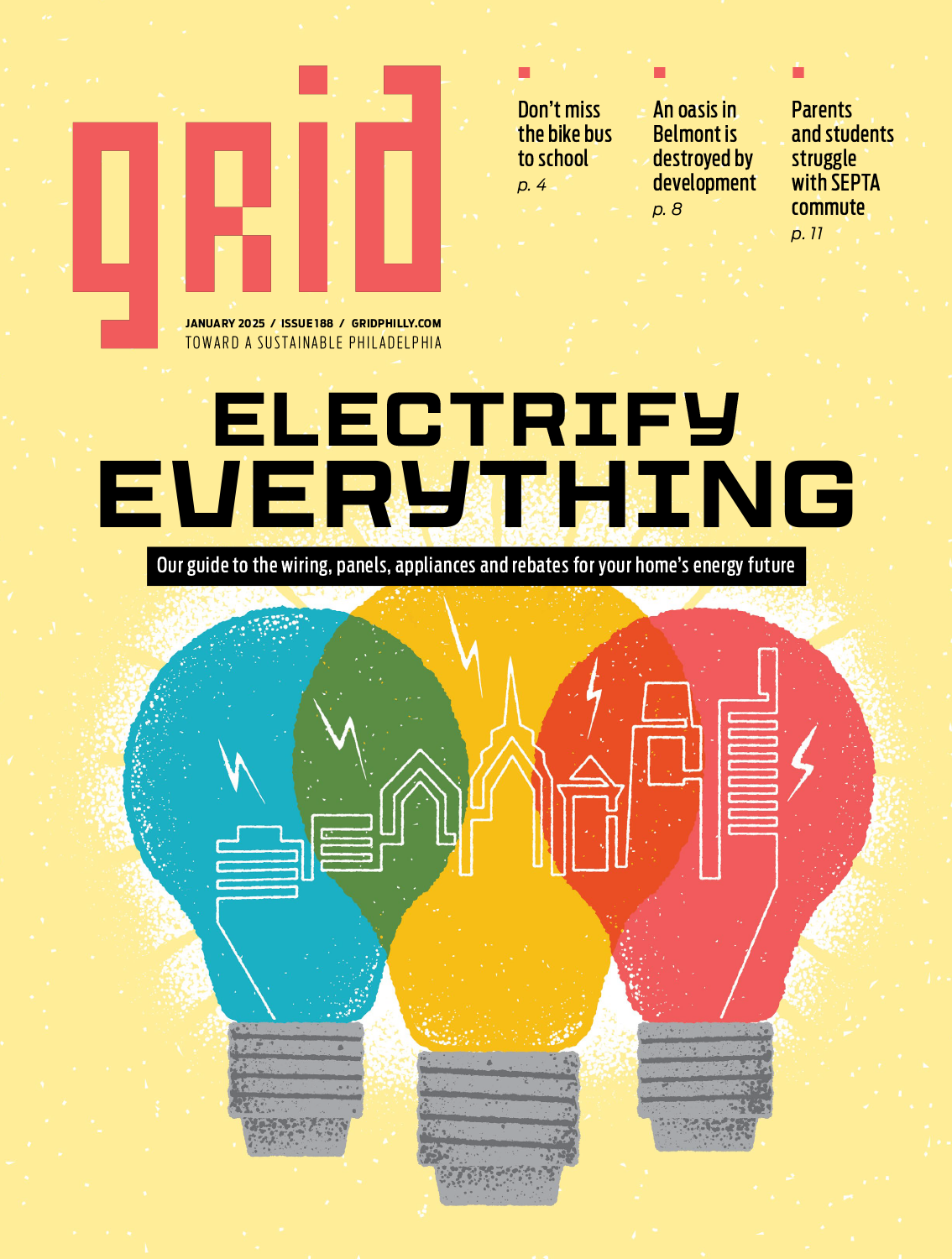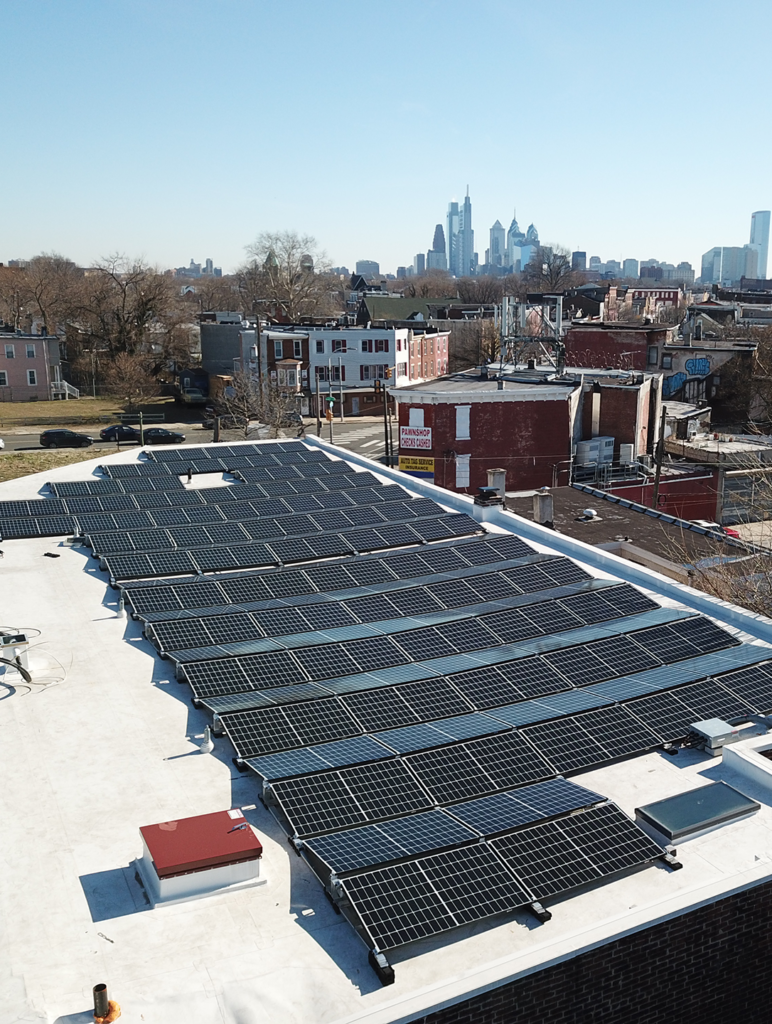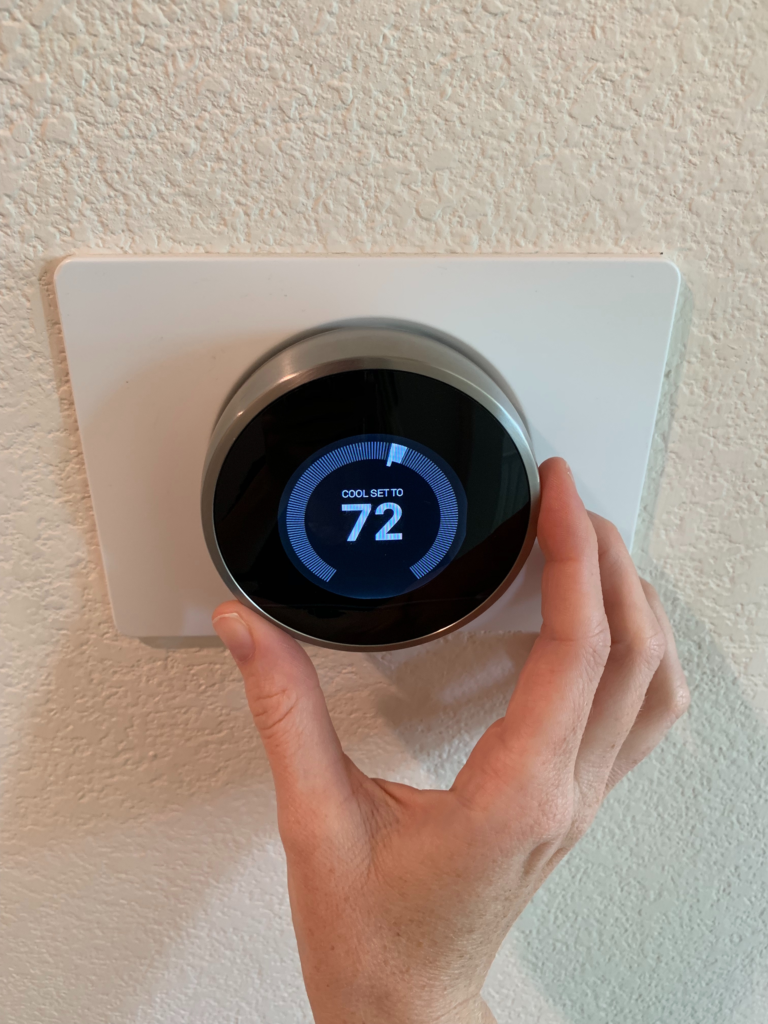In 2020, members of POWER Interfaith, a grassroots social justice organization with a mission to “shine a light on broken systems,” organized to push PECO, Pennsylvania’s largest electric and gas utility, to incorporate long-term contracts for renewable energy into its Default Service Program (DSP).
The DSP is essentially the company’s “house special,” and about 75% of the utility’s approximately 1.6 million customers opt for it. PECO’s DSPs have always heavily relied on a mix of fossil fuels purchased with short-term contracts; only 0.5% of the plan has been solar purchased through credits, which aligns with the state’s required minimum.
That small percentage, POWER activists had decided, was not enough.
And so representatives from the group attended PECO’s virtual public hearing with the Pennsylvania Public Utility Commission (PUC), where the DSP energy mix for the next four years would be determined.
“The PUC said, ‘Well, POWER, what’s your plan?’” remembers POWER volunteer Peter Furcht, who was in attendance.
The advocates weren’t prepared with a fleshed out proposal but resolved that, when the 2024 hearing rolled around, they would be.
“We learned a lot about the PUC, what they regulate and how they’re involved,” says Wendy Greenspan, another POWER volunteer involved with this action. “Rabbi Julie Greenberg, the climate justice director of POWER, connected us with Devin McDougall, a lawyer with Earthjustice, who brought legal representation free of charge and great strategizing and advice as to how to move the needle.”
With this legal counsel, POWER helped to form the Energy Justice Advocates consortium along with the Sierra Club, Vote Solar, Physicians for Social Responsibility Pennsylvania, Clean Air Council and PennEnvironment.
In June 2023 on the steps of Philadelphia City Hall, the group kicked off a campaign called “The People’s Energy Plan for PECO” to raise public awareness about their efforts to get PECO to reduce its dependence on fossil fuels (attendees danced to “The Electric Slide”). With the help of their Earthjustice counsel, the group began mobilizing supporters to champion change at the 2024 DSP hearing.

For years, other activist groups, like Earth Quaker Action Team (EQAT), have been pressuring PECO to plan a transition away from fossil fuels without eliciting much response. So, when PECO’s DSP hearings took place in November 2024, the Energy Justice Advocates showed up strong.
“This time, we went into the meetings with a service plan, and organized to get people there to advocate for clean, renewable, affordable power in the default service plan,” says POWER volunteer Mitch Chanin.
“We had 175 people, including clergy, elected officials and people from other organizations, to show up to two hearings. The PUC administrative judges were committed to making sure every voice was heard — that was really exciting,” Greenspan says.
“Eighty regular people testified in favor of PECO engaging in long-term solar contracts, and expert witnesses showed PECO that, if they’d engaged with long-term solar contracts over the last DSP cycle, they could have saved $80 million,” adds Furcht.
One expert witness was Karl R. Rábago, the owner of an energy company in Colorado. He has 33 years of experience in the utility industry; his résumé includes positions such as commissioner with the Public Utility Commission of Texas, deputy assistant secretary with the U.S. Department of Energy and executive director of the Pace Energy and Climate Center.
In his testimony, Rábago noted: “PECO’s proposed DSP approach is designed to secure the lowest-priced generation supply over the short term … and fails to make necessary progress on addressing the impacts of climate change. PECO’s DSP proposal fails to consider the economic, environmental and social benefits of generation supply from zero-emission renewables procured through long-term contracts.” One of his recommendations to the PUC was for the next DSP to “develop a solicitation process aimed at securing 7% of its required DSP generation supply from zero-emission renewables under long-term purchased power agreements.”
The result of the hearing was that PECO refiled its DSP to include not 7% but 1% of the energy mix coming from solar. But, instead of buying solar credits with energy produced out of state, as PECO has done in the past, the utility agreed to put out a bid for a Pennsylvania-based entity to construct a 25-megawatt solar farm, which will be the largest utility solar project ever to be built to serve default service customers in the commonwealth’s history. PECO also agreed to subsequently buy energy from that solar farm via a 10-year contract. Energy Justice Advocates negotiated for the opportunity to provide comments on the power purchase agreement that PECO will use for the solicitation.

A 25-megawatt solar farm produces enough energy to power about 3,000 homes, a tiny percentage of PECO’s DSP customer base. And 1% is just a slight increase over the 0.5% of renewable energy already in the default plan mix. When asked why the increase was so nominal, PECO’s senior communications specialist, Brian Ahrens, points to minimizing risk for customers.
“When we’re devising our portfolio, we take a lot of factors into account and have to make sure that we’re not taking on undue risk for our customers,” he says. “We’re essentially looking to purchase energy from a facility that hasn’t been built yet, and we have to ensure that we’re buying enough capacity to meet the needs of our customers at all times.”
Ahrens also points out that PECO’s new DSP, which will cover the period from June 1, 2025, through May 31, 2029, includes other customer protections, such as price comparison tools and the elimination of cancellation fees for customers who want to switch from alternative energy suppliers to PECO to enroll in the company’s Customer Assistance Plan.
Greenspan notes that, while she’d hoped for more, PECO’s concerns about the risk of long-term contracts and investing in renewables are understandable.
“This is new for PECO; they’ve never done this before. While it makes sense to start small, we’d like to see a bigger ‘start small,’” she says.
For now, POWER and the Energy Justice Advocates view this as a victory worth celebrating, but certainly not the end of the story.
“This created a precedent: PECO said they couldn’t and wouldn’t adopt solar into the DSP, but they did. It’s not much, but it creates a foundation for the future,” says Chanin. “Our next step is continuing to push for a larger percentage.”
As Greenspan succinctly puts it: “We’ll be back again in four years.”








